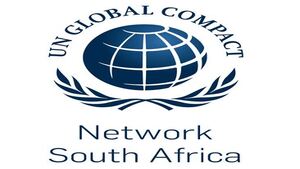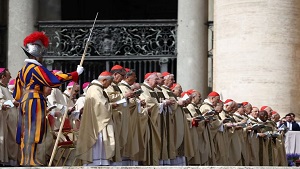The case is a landmark one, alleging Emirati complicity in the ongoing atrocities in Darfur.
Sudan argues that the UAE’s alleged support for the paramilitary Rapid Support Forces (RSF) locked in a deadly conflict with the country’s regular army, amounts to aiding and abetting genocide. The RSF has been accused of committing widespread atrocities across Darfur since violence escalated in April last year.
The UAE, however, has pushed back strongly against the claims. In a statement, officials described the case as “political theatre” aimed at deflecting from meaningful peace efforts, insisting that Abu Dhabi has played no role in fuelling the war and remains committed to ending the bloodshed.
The ICJ hearing has drawn global attention not only for its gravity but also for the complex legal terrain it covers. While the UAE is a party to the Genocide Convention, it made a reservation to Article 9, a key clause that allows disputes between states to be heard at the ICJ. Legal observers suggest this could pose a significant hurdle for Sudan’s case.
On Thursday, the United Nations High Commissioner for Human Rights described the situation in Sudan as catastrophic, warning that the crimes unfolding on the ground show “no bounds”. The United States, in a statement issued earlier this year, declared that the RSF had committed acts of genocide.
--ChannelAfrica--













